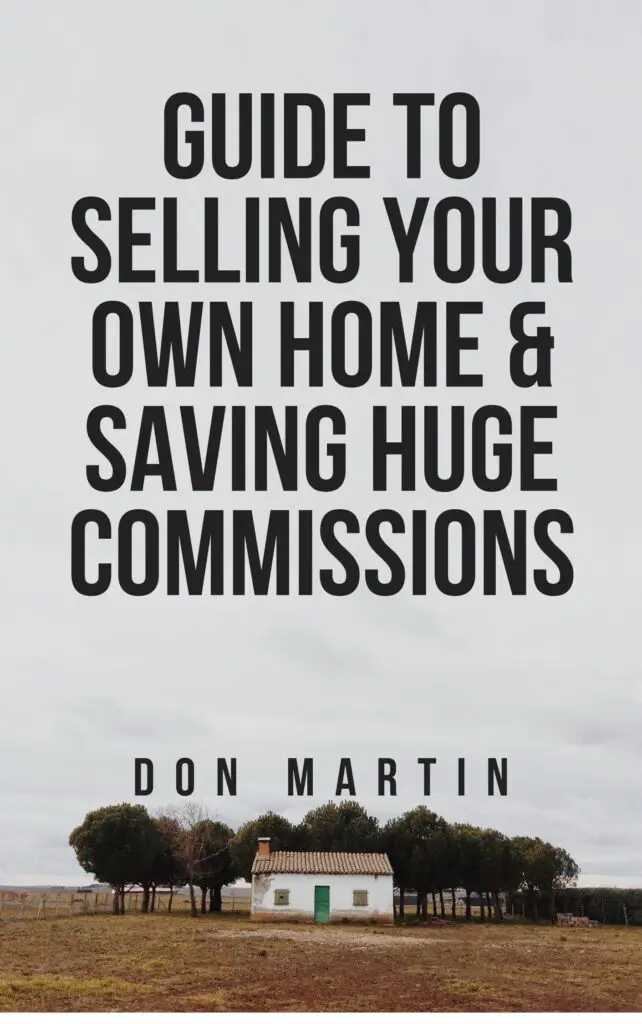What is Gen Z?
Generation Z, often abbreviated as Gen Z, refers to the demographic cohort that comes after the Millennial generation. While there is some variation in the precise birth years that define each generation, Gen Z is generally considered to encompass individuals born roughly between the mid-1990s and the early 2010s.
Key characteristics and traits often associated with Generation Z include the following.
-
Digital Natives Gen Z is considered the first generation of true digital natives, having grown up with easy access to technology and the internet from a young age. They are known for being highly proficient in using digital devices and online platforms.
- Diverse and Inclusive Gen Z is characterized by a high level of diversity and inclusivity. This generation tends to value diversity in terms of race, ethnicity, gender, and sexual orientation.
- Socially Conscious Gen Z is often described as socially conscious and concerned about virtue and social justice issues. Activism and advocacy for causes such as climate change, racial equality, and LGBTQ+ rights are important to many individuals in this generation.
- Entrepreneurial Spirit Gen Z is known for its entrepreneurial spirit. The ease of access to information and online resources has empowered many individuals in this generation to pursue entrepreneurial endeavors and explore creative outlets.
- Pragmatic and Realistic Growing up during times of economic uncertainty and global challenges, Gen Z is often characterized as pragmatic and realistic. They may approach career choices and financial decisions with a focus on stability and practicality.
- Independent Learners Gen Z individuals are known for being independent learners who seek information and education through various online channels. Online learning, self-paced courses, and tutorials are often preferred.
- Short Attention Spans The fast-paced nature of digital information has been associated with shorter attention spans among Gen Z. They are accustomed to quickly digesting information in bite-sized formats.
- Global Perspective Gen Z has a global perspective, with many individuals feeling connected to and aware of global issues. Social media and online connectivity have contributed to a sense of interconnectedness with people from different parts of the world.
It’s important to note that these characteristics are generalizations, and there is diversity within any generation. Individuals within Gen Z will have unique experiences, perspectives, and values shaped by various factors, including cultural, economic, and regional influences.
EXPLORE THE WORLD OF REAL-LIFE REAL ESTATE — BECOME A MEMBER.
Generation Z is still relatively young, and many individuals in this generation were likely not yet active participants in the housing market as homeowners. However, over time, as members of Generation Z enter adulthood, complete their education, and establish themselves in the workforce, they are expected to become an increasingly significant factor in the housing market. Here are some considerations.
- First-Time Homebuyers As Generation Z members reach the age of financial independence and stability, they are likely to become first-time homebuyers. This transition is important for the housing market as it can influence demand and impact trends in home purchasing.
- Changing Preferences Generation Z may bring different preferences and priorities to the housing market compared to previous generations. Their values, lifestyle choices, and preferences for certain types of housing (such as urban, suburban, or environmentally friendly options) can shape the market.
- Technological Influence Given that Generation Z is the first generation of true digital natives, their approach to homebuying may be influenced by technology. Online platforms, virtual tours, and digital resources may play a significant role in their home search and decision-making processes.
- Economic Considerations Economic factors, such as job market conditions, student loan debt, and overall economic stability, will influence how quickly and confidently Generation Z enters the housing market.
- Urban vs. Suburban Preferences Preferences for urban or suburban living may vary within Generation Z. Some may seek the vibrancy of urban centers, while others may prioritize suburban or more rural settings. These preferences can impact the demand for housing in different locations.
- Remote Work Influence The rise of remote work, accelerated by global events like the COVID-19 pandemic, may influence Generation Z’s choices about where to live and work. This, in turn, can impact housing market dynamics.
It’s essential to note that the real estate market is dynamic, and various factors, including economic conditions, societal changes, and global events, can influence the behavior of homebuyers across different generations. As Generation Z continues to age and shape their housing preferences, their impact on the housing market is likely to become more pronounced. For the most up-to-date insights, it’s recommended to refer to recent data and analyses from housing market researchers and industry experts.
EXPLORE THE WORLD OF REAL-LIFE REAL ESTATE — BECOME A MEMBER.
Biggest Problems Gen Z People Have With Buying a House?
While it’s challenging to generalize the experiences of an entire generation, there are some common challenges that Gen Z individuals may face when considering homeownership. Keep in mind that individual circumstances vary, and not everyone within a generation will face the same obstacles. As of my last knowledge update in January 2022, some potential challenges for Gen Z in the context of buying a house include the following.
- Affordability Affordability is a significant concern for many Gen Z individuals, particularly as housing prices in many areas have risen. High student loan debt, entry-level job salaries, and the cost of living in certain regions can make it difficult for Gen Z to save for a down payment or afford monthly mortgage payments.
- Student Loan Debt Many Gen Z individuals are burdened with significant student loan debt, which can impact their ability to qualify for a mortgage or save for a down payment. Balancing student loan payments with housing expenses can be a financial challenge.
- Job Market Instability Economic conditions and job market instability, especially in the wake of global events such as the COVID-19 pandemic, can impact job security. Uncertain employment situations may make Gen Z individuals hesitant to commit to a mortgage.
- Credit History Limited credit history or lower credit scores may be a barrier to securing a mortgage with favorable terms. Gen Z individuals who are just starting to build their credit may face challenges in accessing affordable financing options.
- Changing Preferences Gen Z may have different preferences when it comes to homeownership compared to previous generations. Some may prioritize flexibility and experiences over homeownership, opting for renting or alternative housing arrangements.
- Remote Work Trends The rise of remote work trends may influence Gen Z’s decisions about where to live. Some may prioritize locations with a lower cost of living or choose to rent in urban areas rather than committing to homeownership.
- Environmental and Social Concerns Gen Z is known for its environmental and social consciousness. Some may be concerned about the environmental impact of homeownership, while others may prioritize living in socially responsible communities.
- Rising Home Prices In certain markets, rapidly rising home prices can be a significant obstacle for first-time homebuyers. The competitive nature of real estate markets in some areas may make it challenging for Gen Z to find affordable homes.
It’s important to note that these challenges can vary based on geographic location, individual financial situations, and personal preferences. The real estate landscape is dynamic, and economic conditions can change over time, influencing the homeownership decisions of each generation.
You put your house on the market two weeks ago, and you half-way thought it would be sold by now. But you haven’t really had a lot of calls, much less an offer. The only thing your agent-friends can think of is for you to drop your price. Click here for an e-book of some smart alternatives I have discovered over my 38 years in real estate. It will cost you three dollars. or you can drop the price on your house, and just wonder what to do.
EXPLORE THE WORLD OF REAL-LIFE REAL ESTATE — BECOME A MEMBER.
![]()














Leave a Reply
Your email is safe with us.